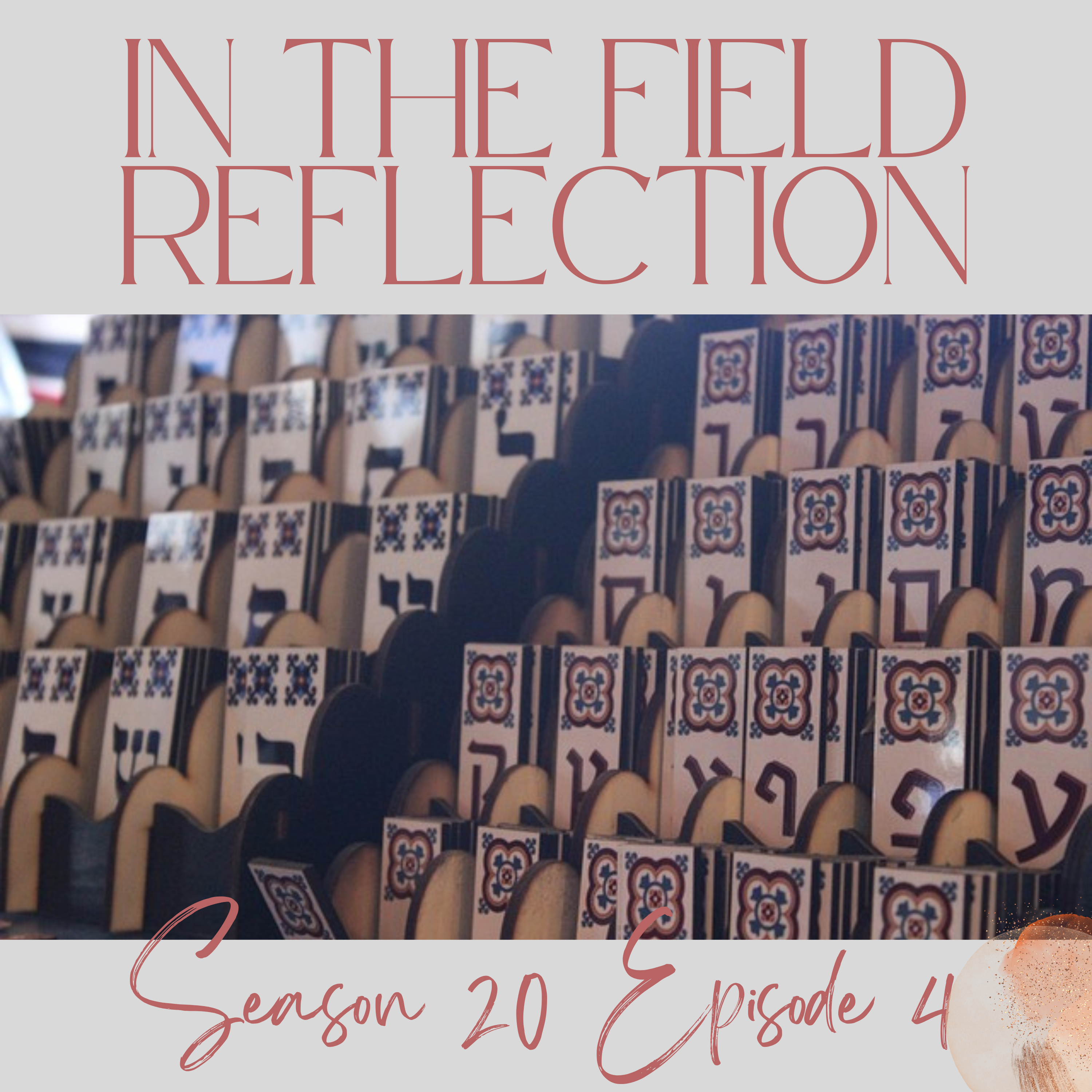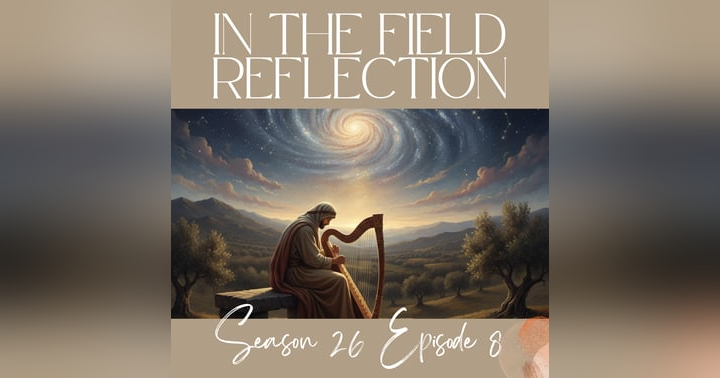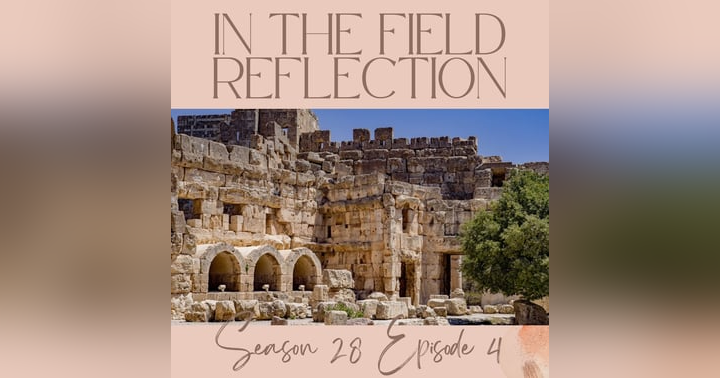When Swords Become Plowshares: Micah's Promise of Peace for Every Nation

The arc of this conversation moves from surrender to Scripture to a lived vision of peace that reorders how we see power, justice, and daily faithfulness. We begin with the language of worship—letting go, laying down burdens, honoring God's character—and then step into a guided journey through Micah 4. The contrast is striking: the prophet's world is fraught with corrupt courts, violent rulers, and fearful households, yet the promise unveiled is a mountain of the Lord that lifts above the chaos and draws nations like rivers to higher ground. This promise is not abstract; it is thick with imagery—swords hammered into plowshares, spears into pruning hooks, families resting under their own vines and fig trees, and a Judge whose verdicts heal rather than harm, bringing peace for every nation. Listeners are invited to sense the dust of ancient roads, the smell of figs, the resonance of a ram's horn, and then to ask what it would mean to embody this future today.
The reading of Micah 4 anchors the vision: instruction flows from Zion; arbitration replaces aggression; war becomes an obsolete curriculum; and security becomes ordinary, local, and unforced. The prophet’s cadence insists that divine justice is neither wishful nor delayed beyond relevance. “For the mouth of the Lord has spoken” becomes the hinge—if God’s word fashioned galaxies, it can reforge a city’s heart. This theological claim holds ethical weight. If God’s law is pure, then our interpretations must submit to refinement. If God judges between nations, then our instinct to reach for sharper tools gives way to patient peacemaking. And if prosperity looks like enough—shade, fruit, soil, safety—then the race for excess exposes its spiritual poverty.
We unpack five living lessons. First, God’s promises outlast human failure. Political rot and spiritual pretense do not break the backbone of hope; they expose our need for the higher mountain. This matters for anyone facing cynicism: the soil beneath our feet has seen empires rise and fall, yet the word endures. Second, transformation travels by invitation, not coercion. “Let us go up” echoes through the text and challenges our methods. The gospel’s appeal is beauty and truth lived plainly, not pressure or spin. Third, teaching must become walking. It is not enough to admire peace; we must practice it. Knowledge without obedience is a lamp with the wick unlit. Fourth, strength is redefined as cultivation. The strongest nations are those growing grain, not tallying victories; the strongest souls are those turning conflict into care and scarcity into shared tables. Fifth, dignity is local and tangible: your vine, your fig tree, your threshold without fear. The vision centers households and neighborhoods where people belong and are not afraid.
The passage also holds a sober realism. Micah speaks of exile, rescue, and the remnant becoming a strong nation. Redemption is not fantasy—it passes through hardship and returns with a purified hope. For modern listeners, this means setbacks do not cancel calling. You may leave the city you know and enter seasons that look like Babylon, but the redeemer claims those places too. In practice, that looks like choosing integrity when compromise is popular, choosing truth when lies are profitable, and choosing mercy when retaliation feels natural. Each choice becomes a building stone in the mountain of the Lord—quiet, ordinary acts that carry eternal weight.
So how do we live the future now? Begin by treating enemies as future friends, not present trophies. Invest in peacemaking over score-settling: pause before the sharp reply, seed a conciliatory word, and aim for repair rather than victory. Practice justice at reachable scale: fair pricing, honest speech, transparent dealing, attentive listening to those who are overlooked. Build security that isn’t gated by fear: share resources, open your table, lend tools, cultivate small gardens of belonging. And keep a slow calendar for change. Weapons do not become plowshares in an afternoon; relationships will need seasons of honest labor; communities will ask for patience measured in years. But the sunrise is faithful, and so is the One who speaks it into being.
Finally, the promise invites courage. If the same voice that called light from darkness has promised a world where nations no longer learn war, then we are free to become apprentices of peace today. That does not mean abandoning truth; it means enacting it with steady, generative force. Justice, in the biblical register, is not a slogan; it is the practical safeguarding of the vulnerable and the restoration of proper relations. Hope, likewise, is not a mood; it is a disciplined loyalty to God’s future, made visible in today’s choices. As you carry this vision, remember that your life is not an afterthought. You are a living stone in a rising mountain, a worker in a field that will outlast the storms, a bearer of light that does not burn out when the wind picks up. Hold the promise, take the next obedient step.



